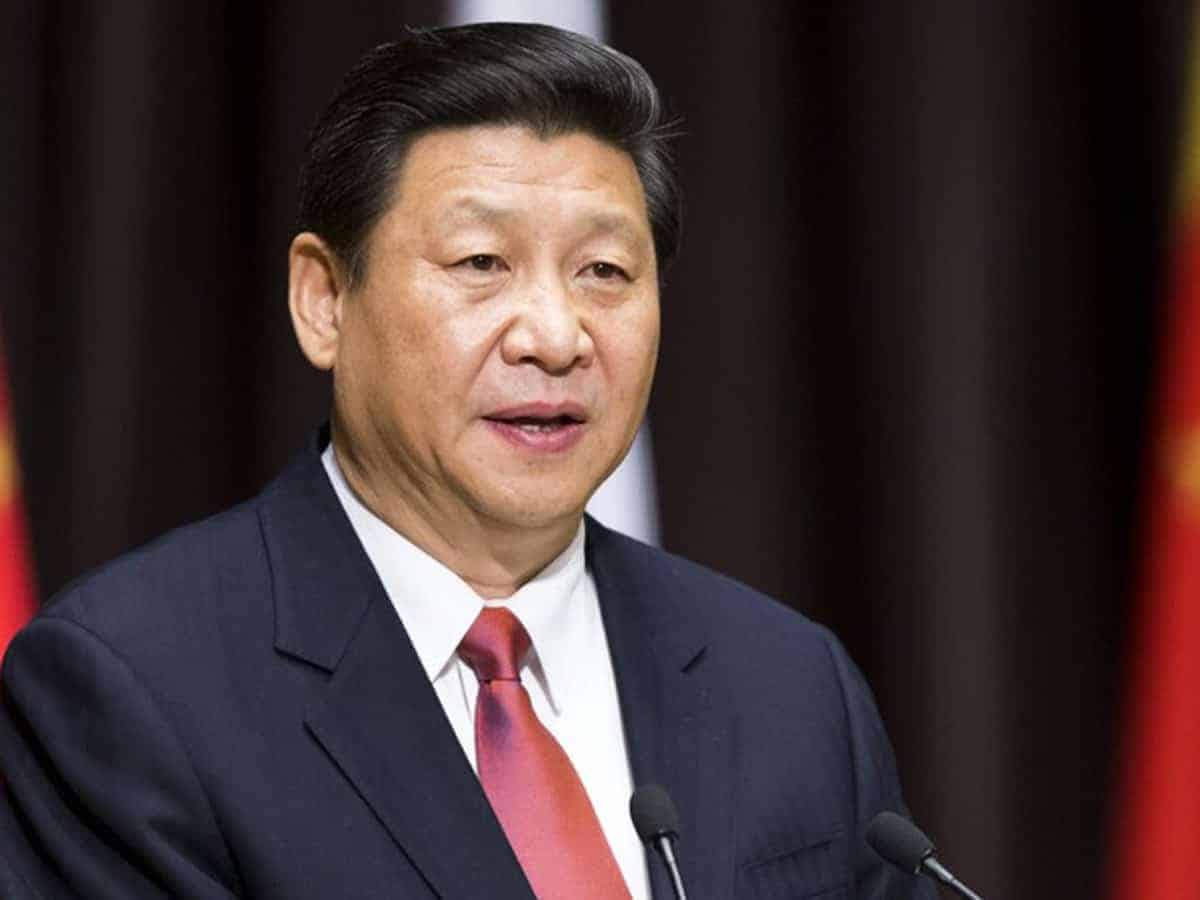
Islamabad: China has agreed to roll over a USD 2 billion debt on existing terms after initially seeking a hike in price as debt-trapped Pakistan’s policy to maintain foreign exchange reserves through deposits by three friendly countries, according to a media report on Wednesday.
An understanding has been reached with Beijing to further extend the repayment period of the USD 2 billion loan maturing on March 23 – Pakistan Day, The Express Tribune newspaper cited officials from the Ministry of Finance as saying.
According to official sources, China had initially asked to further increase the interest rates on the USD 2 billion debt.
Pakistan is currently paying a 7.1 per cent interest rate based on the six-month Secured Overnight Finance Rate (SOFR) plus 1.715 per cent.
The officials said that China, an all-weather ally of Pakistan, had informally communicated its decision to further extend the repayment period and the finance ministry was waiting for a formal response, the report said.
Interim Prime Minister Anwaarul Haq Kakar last month formally requested the Chinese government to roll over the maturing loans, according to the officials.
Pakistan paid Pakistani Rs 26.6 billion in interest in the last fiscal year to China, Saudi Arabia, and the United Arab Emirates (UAE) on the USD 9 billion deposits that these three nations placed with the State Bank of Pakistan, the SBP balance sheet showed.
In the preceding year, the country had paid Pakistani Rs 12.2 billion which within a year jumped by 118 per cent.
The authorities said that a major factor behind the 118 per cent increase in the interest cost was the currency devaluation in the previous fiscal year.
The central bank’s gross official foreign exchange reserves stand at USD 8 billion.
Over the past decade, Pakistan has adopted a policy to borrow from the regional countries during difficult economic times.
It has not been able to strengthen the repayment capacity and as a result, these loans are extended at the time of their maturity.
As of June last year, the regional countries had placed USD 9 billion in deposits.
After a staff-level agreement with the International Monetary Fund, Saudi Arabia and the UAE further increased their exposure to Pakistan, taking the total tally to USD 12 billion for the three nations.
The cost of interest on these deposits is now expected to increase substantially for this fiscal year after the increase in the size of the deposits.
The SBP’s balance sheet showed that during the last fiscal year, Pakistan paid another amount of Pakistani Rs 42.1 billion to China on account of interest for using a USD 4.5 billion Chinese trade finance facility for debt purposes.
The SBP report showed that the central bank fully tapped the USD 4.5 billion, or 30 billion Yuan, trade finance facility available under the China-Pakistan currency swap arrangement.
The report added that Pakistani Rs 42.1 billion interest was charged on the outstanding balance at agreed rates, which was Pakistani Rs 5.8 billion or 16 per cent higher than the preceding year.
In rupee terms, the bilateral currency swap value increased from Pakistani Rs 927 billion in the preceding year to Pakistani Rs 1.2 trillion by the end of the last fiscal year.
Pakistan largely utilised the Chinese trade finance facility to repay foreign debt and keep its gross foreign currency reserves at their levels.
The USD 4.5 billion facility is part of the SBP’s USD 8 billion in gross official foreign exchange reserves. China has also extended USD 4 billion worth of SAFE deposits, which are also part of the USD 8 billion reserves.
Pakistan’s gross reserves are now insufficient to service these two Chinese facilities.
